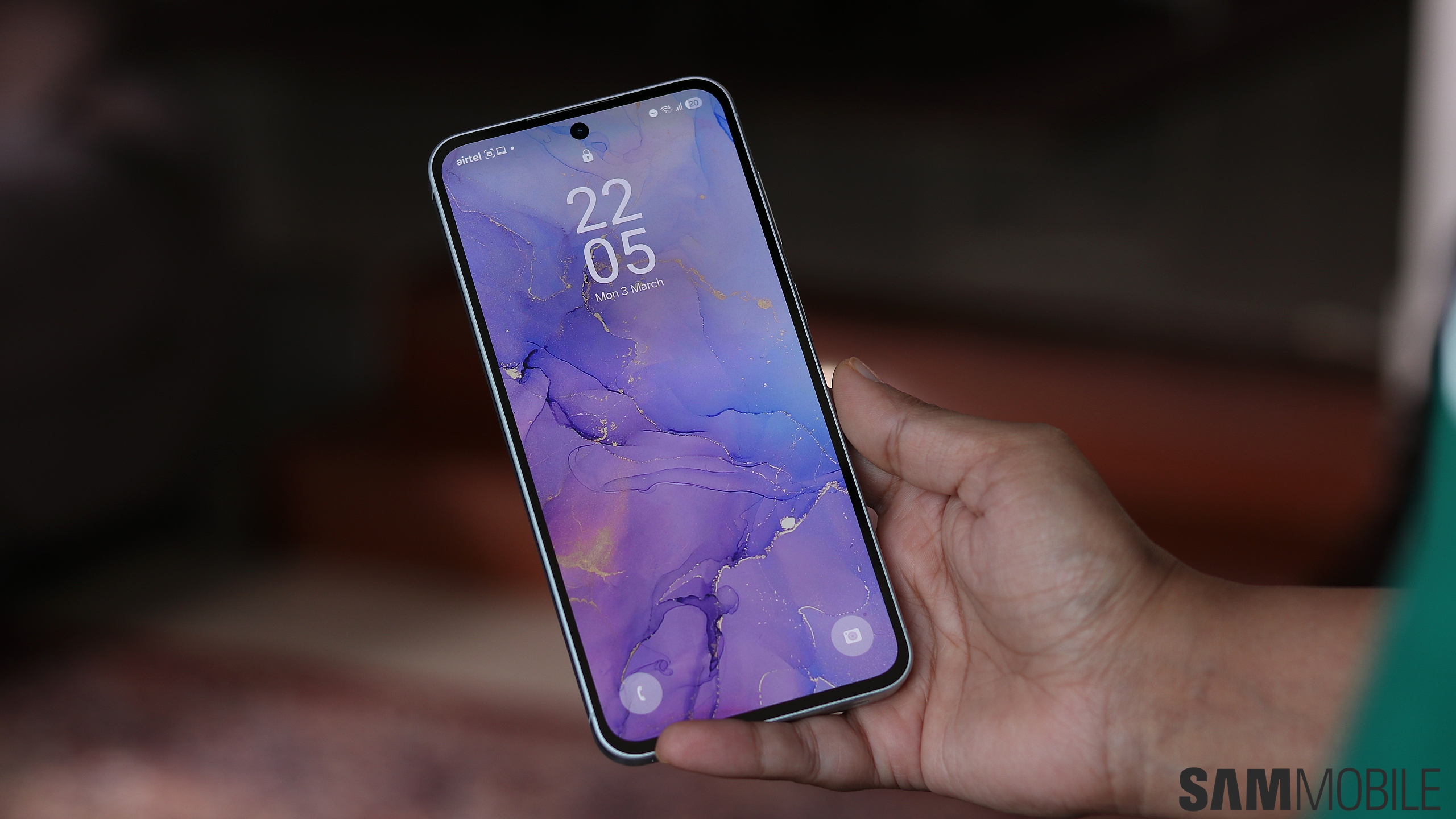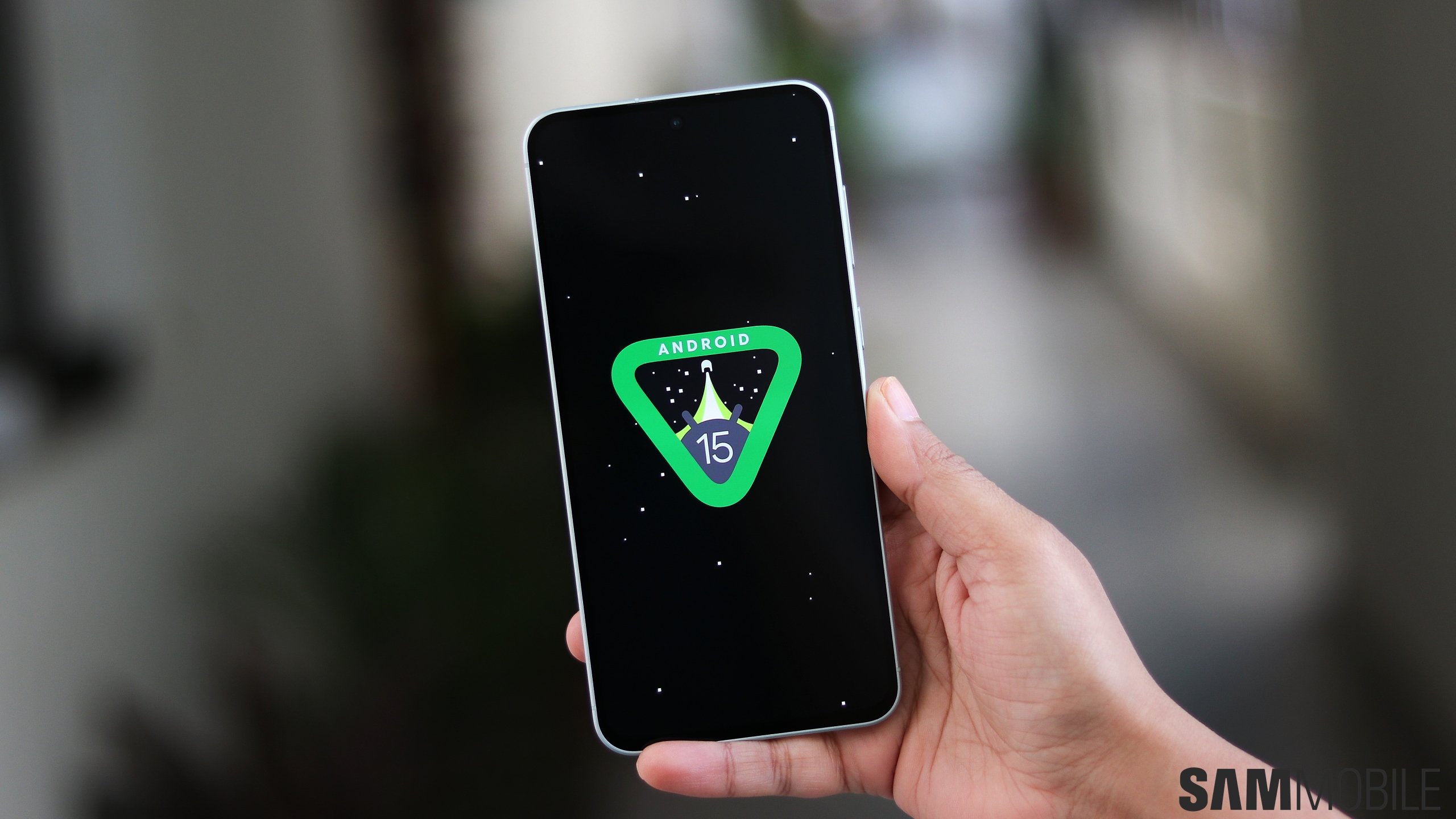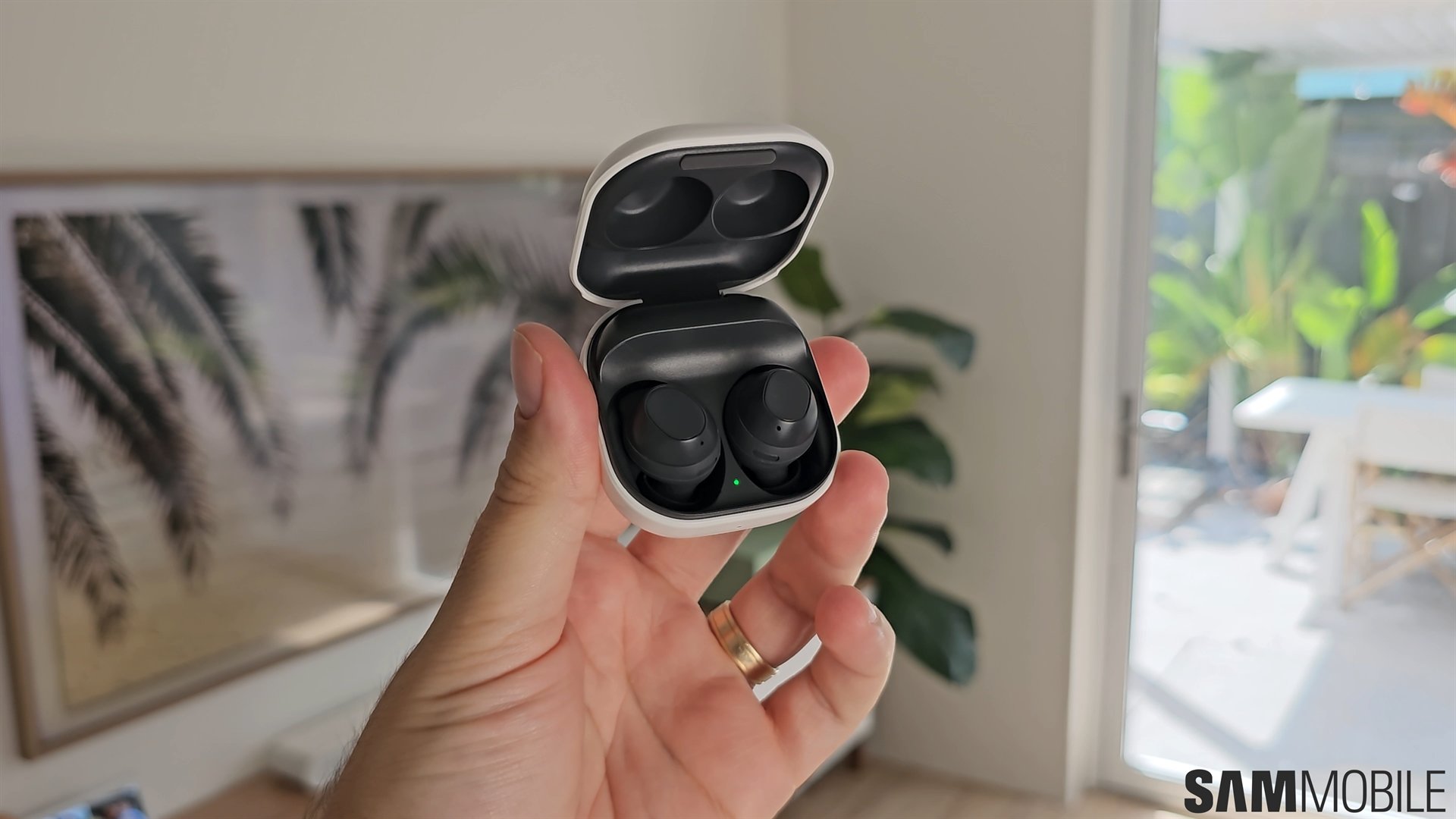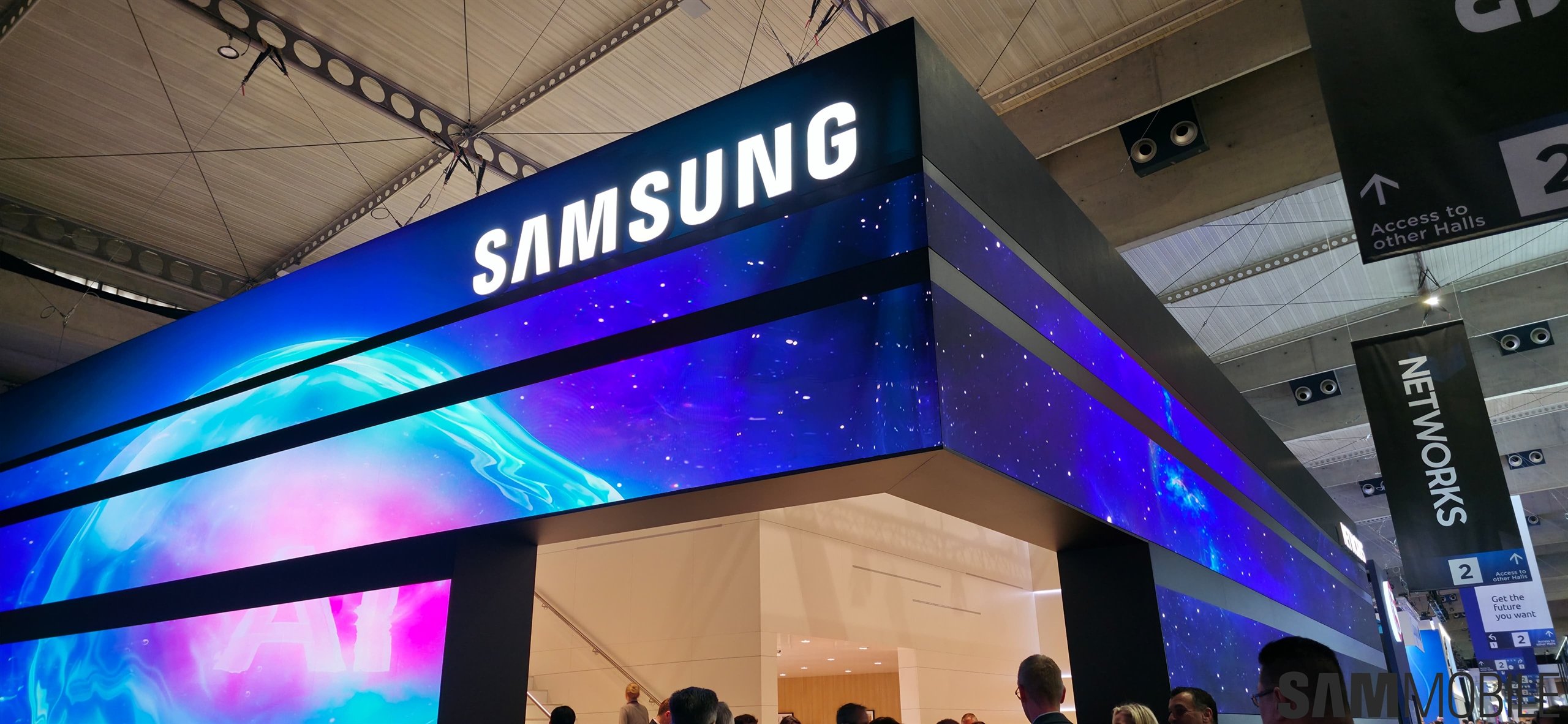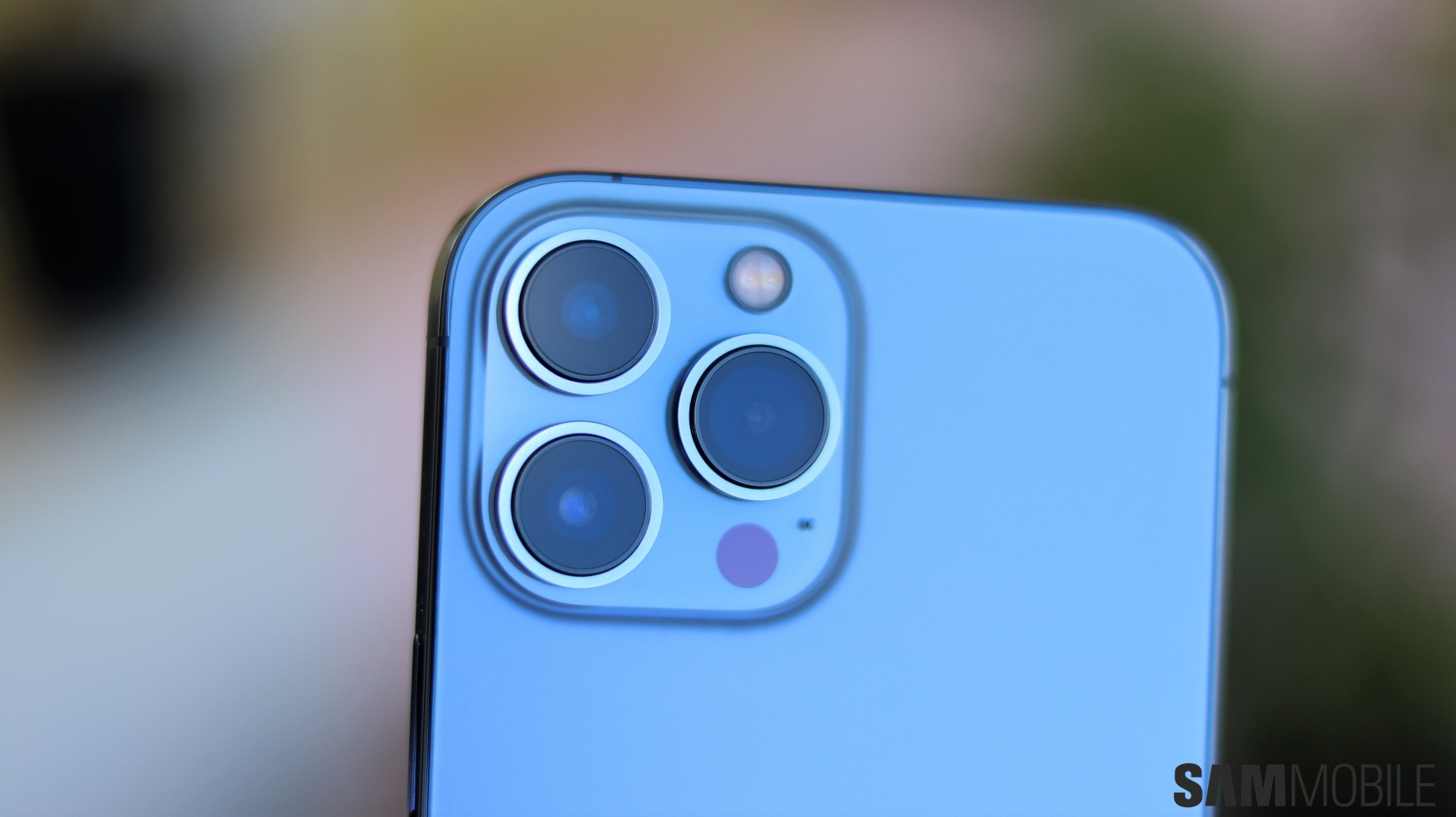
Huawei's founder admitted as much, saying that the company was in “survival mode” for the next three years as it suffered immensely due to tensions between the United States and China. The US has imposed heavy sanctions that make it impossible for Huawei to source advanced chipsets and software. Many western countries also came together to ban Huawei's network equipment, a major source of income for the company, amid allegations of its close links with the Chinese government.
The US policy has been to apply maximum pressure on Huawei. The sanctions also mean that companies based elsewhere who want to conduct business with US entities can't do business with Huawei. This severely limits the Chinese company's options, forcing it to rethink its entire supply chain, and inevitably reducing the appeal of its products.
The sanctions on Huawei were like a gift to Samsung. They came at a time when Samsung was being relentlessly pursued in the global smartphone market by Huawei. The company seemed set to overtake the Korean giant's position as the leading smartphone vendor in the world. It even seemed close to officially launching its phones in the US, a development that would have threatened Samsung in one of its most lucrative markets.
Huawei instead ended up handing Samsung a cheap win, even as it feels that the sanctions are unjustified and the company has only been targeted because of geopolitical tensions between the United States and China. The pressure that Samsung felt from the Huawei juggernaut almost disappeared from its biggest markets, enabling the company to retain and even grow its market share. The other Chinese OEMs have tried but none have been able to challenge Samsung the way Huawei did.
While Huawei is far from dead, and it still has a promising future ahead, there's no saying if it's even going to be possible for the company to recover from the damage that it has sustained as a result of these tensions between the US and China. To its credit, though, Huawei continues to show how Samsung can be scared of taking risks, and it's that fearless attitude that will help the company overcome these challenges.
Apple is now seen to be taking steps to make sure that it doesn't find itself in a similar position where it ends up handing Samsung a cheap win. Apple's products have been primarily made in China for decades. Taiwan-based Foxconn is its largest manufacturing partner, putting together iPhones, iPads, and other devices at its factories across China. Wistron and Pegatron are the two other Taiwan-based manufacturers that have made products for Apple.
The world finds itself in a very precarious position. Multiple conflicts are raging with the potential of further escalations in the region. Economic outlook for China has dampened while concerns about a global recession haven't fully receded. There's always the persistent shadow of a tussle between the United States and China, particularly how quickly things could go from bad to worse if there's a direct conflict between Taiwan and China.
As one of America's leading companies, Apple could end up getting caught in retaliatory moves by China, should relations between the two superpowers sour to an unprecedented level. Apple needs to hedge that risk to ensure that its manufacturing operations can be sustained, even if at reduced levels. That's why it's been focusing on iPhone production in India, a country that's allied with the US.
Apple's main manufacturing partners, Foxconn, Pegatron, and Wistron, have all set up iPhone production lines in India. Wistron recently sold its facilities to local conglomerate Tata, further derisking things for Apple. iPhones have been assembled in India as far back as 2017 and how been building more of the latest iPhone 15s in the country than any previous model. With the iPhone 15, Apple achieved a significant milestone of making units made in India available for purchase in the country and other regions on the global launch date when China-made units were released worldwide.
As it stands, 7% of Apple's entire iPhone production is now made in India. It wants to ramp this up to 25% by 2025. Foxconn has been working closely with Apple to rapidly increase iPhone production in the country.
A new Foxconn plant started operations in April this year with a production goal of 20 million units initially. The goal is to achieve an output of over 50 million units from factories in India within the next two to three years. If this target is hit, India would account for a quarter of all iPhone production. The supply chain would be derisked further as more components are made in India. Japan's TDK is already building a new facility to produce batteries for the iPhones that will be made in the country.
It's evident that these efforts will only grow. Apple and its partners will not just aggressively expand output to establish a wider supply chain so that the manufacturing base for iPhones can be diversified beyond China. That's not to say Apple is giving up on China. Its CEO Tim Cook continues to regard China as a key manufacturing hub and a lucrative consumer market, but he's also trying to limit Apple's downside as much as possible in the event that the delicate dance between the US and China goes belly up.
The iPhone sells more than any other hardware product from Apple. Shortages in the market due to production issues would cost the company tens of billions in lost revenue. It would also provide an opportunity for the likes of Samsung to capitalize on Apple's troubles, eroding the company's market share. Samsung doesn't have the China risk since Vietnam is where Samsung phones are made primarily, there are the Samsung factories in South Korea, and India is fast becoming one of its largest manufacturing hubs as well.
Samsung may have lucked out when the sanctions fell on Huawei but it's shouldn't count on another free lunch if things go south for Apple. It seems to be much better prepared for any geopolitical headwinds.












